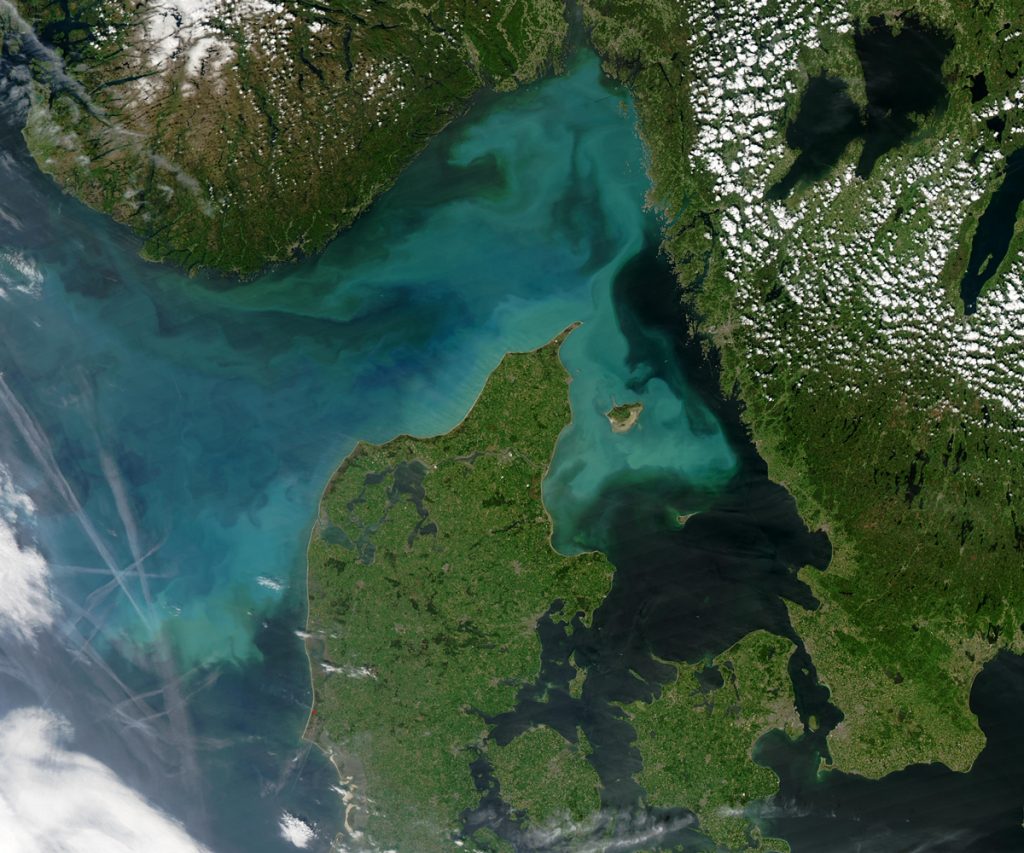Genetic Switch May Predict Diatom Resilience in Acidified Oceans
 isbscience.org/news/2021/06/16/genetic-switch-may-predict-diatom-resilience-in-acidified-oceans/
isbscience.org/news/2021/06/16/genetic-switch-may-predict-diatom-resilience-in-acidified-oceans/
The effects of climate change on oceanic systems – including diatom resilience – have been an ongoing focus of ISB researchers for several years. Some of their work has focused on diatoms, which are key photosynthetic microbes in coastal oceans accounting for roughly 40 percent of primary productivity in marine ecosystems.
Researchers from ISB’s Baliga Lab recently published a paper in the journal Frontiers in Marine Science, in which they identified a diatom-specific gene that may play a key role in predicting when diatoms might transition from a low/moderate to a high carbon dioxide environment. This potential biomarker fluctuates between day and night expression, but only during ocean acidification conditions. This switch in expression at high CO2 could be used as an assessment of diatom resilience in the environment.
“As with medicine, it is important to translate findings from the lab and test whether they translate to the patient, in our case, how observations of diatoms in laboratory simulations translate to the marine environment,” said ISB Research Scientist Dr. Jacob Valenzuela, who was lead author of the paper. “More work is needed, but this paper provides a perspective of how we can start to use biomarkers as indicators of resilience in key species critical to our ocean ecosystems.”
Foundational Research Paves Way for Future Work
This work builds on a 2018 paper published in Nature Communications, where Valenzuela and a team from Baliga’s group used a stress test to show diatoms at a lower pH were consistently more capable of adopting the appropriate cellular function in relation to their environment, which prevents population collapse.
While novel, the stress test was conducted in a lab, not in the ocean. In the years since, researchers have worked to merge these methods with field research. That work is a critical component of a just-announced grant and the diatom resilience research.
Baliga Lab researchers, in collaboration with University of Washington partners, have secured a $1.4 million grant from the National Science Foundation to further study the resilience of diatoms in acidified ocean conditions.
“We are grateful to the NSF for this grant. These funds ensure we can continue our important work that shows how diatoms react when in an environment of elevated carbon dioxide levels,” said ISB Director, Senior Vice President and Professor Dr. Nitin Baliga, who is the principal investigator of the research project.





